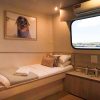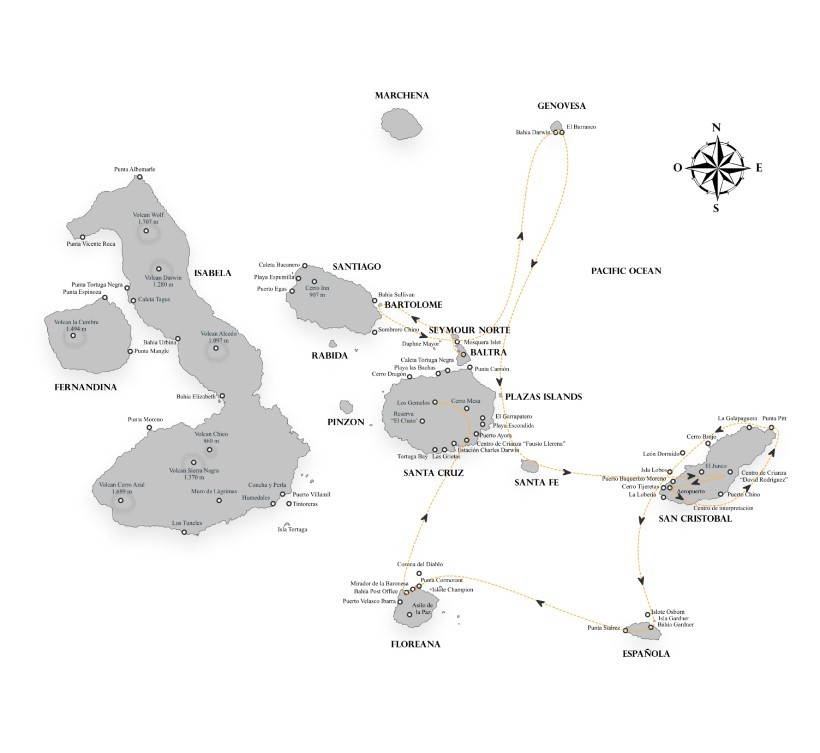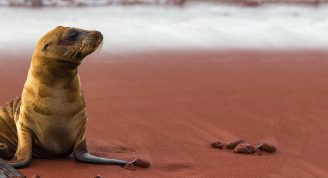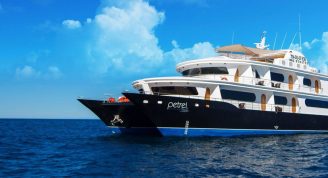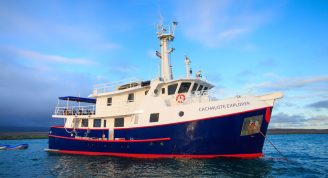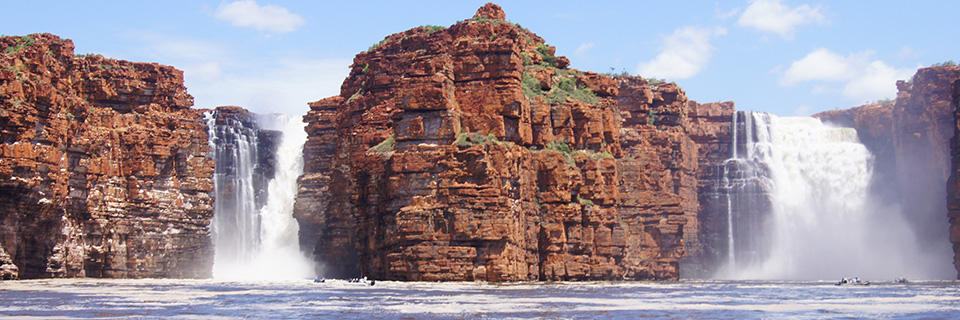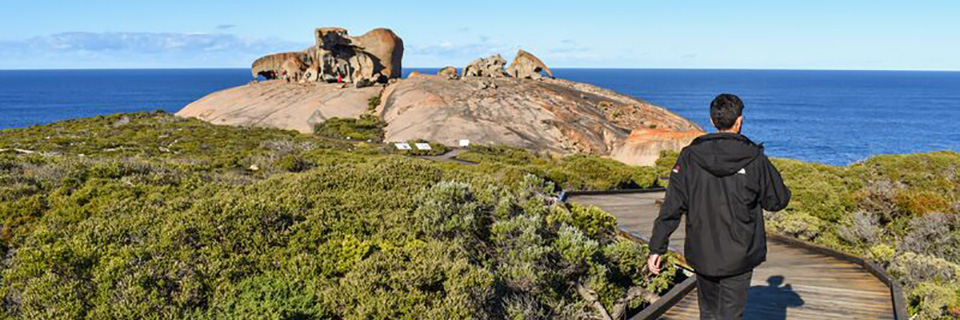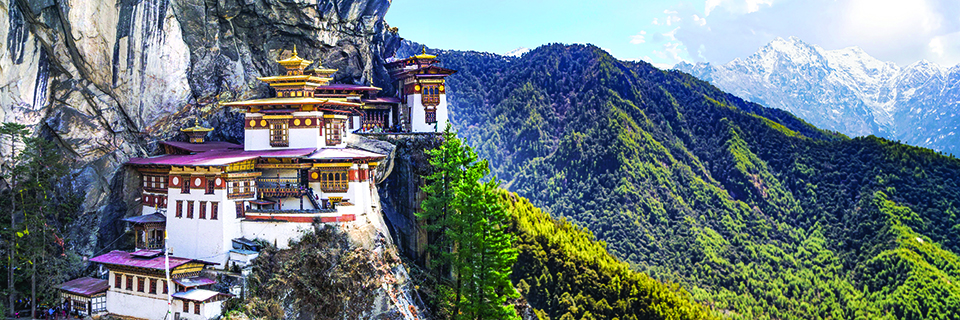Description
A complete overview of Galapagos combining the amazing birdlife at Genovesa with natural history sites like Post office bay. Unique species like the waved albatross and the Red Footed boobies. Bothe north and south of the archipelago, different wildlife and different scenery, a varied expedition that will amaze the most unmovable traveler.
Shorter voyages are available. Please contact us for more information.
Trip Name
Galapagos Northern and Southern Islands Cruise C1
Days
9
Overview
Vessel Type: Catamaran
Length: 27.6 meters
Passenger Capacity: 16
Built: 2007
M/C Galapagos Seaman Journey is a first class catamaran that began sailing the Galapagos Islands in January 2008. It is a Boutique Yacht Catamaran offering superior comfort, size, style, and stability. The Galapagos Seaman Journey makes it possible to enjoy several cruises in the Galapagos with different itineraries that include amazing land tours on most of the Galapagos Islands. During these Galapagos Cruises, guests encounter many endemic species like Galapagos Giant Tortoises, Penguins, Land and Marine Iguana´s, Frigate Birds, Blue Footed Boobies, and much more!
During one of the cruises each guest can enjoy the well-furnished areas offering comfort and privacy. Galapagos Seaman Journey has a maximum capacity of 16 passengers allowing both intimacy and camaraderie at the same time.
We have several resting areas for those who are looking for a quiet place to relax during their Galapagos trip with family and friends in the lazy mid-afternoon sun, or likewise after a busy day of swimming, snorkeling, kayaking, or walking on one of the Galapagos Islands.
To check out the gorgeous ocean views with fellow shipmates, guests can spend some time on the liveaboards’ spacious sundecks. Whether they feel like getting a little sun on their vacation, or want the best place to enjoy the gorgeous sunsets over the Galapagos Islands, our sundecks are the best place to be.
For the adults who might want to relax and kick back, we offer a great bar and lounge area where they are served by our bartender who will be happy to attend to all their needs and desires whilst you relax.
The M/C Galapagos Seaman Journey, another jewel from the well-known Galapagos Journey Fleet, the perfect combination of adventure, comfort, service and excellence!



